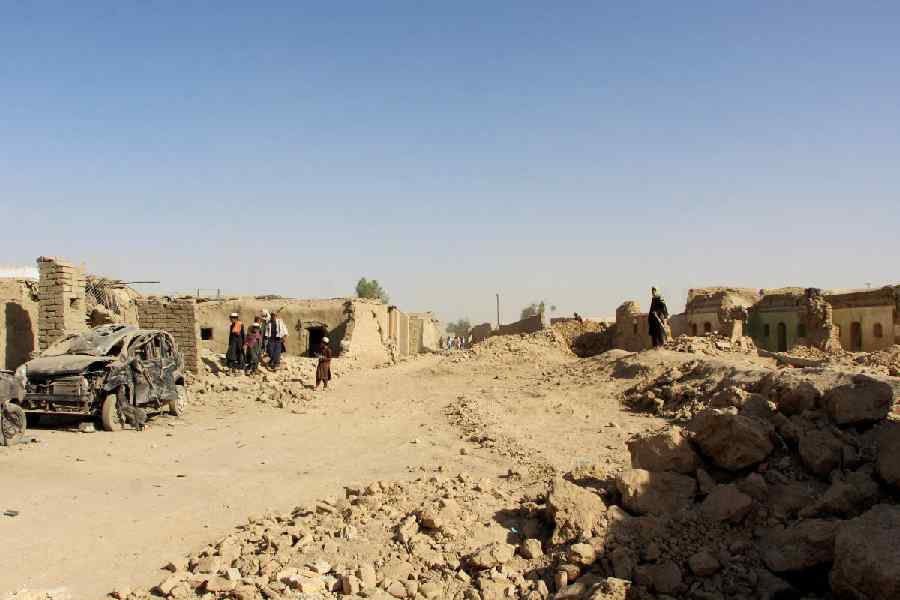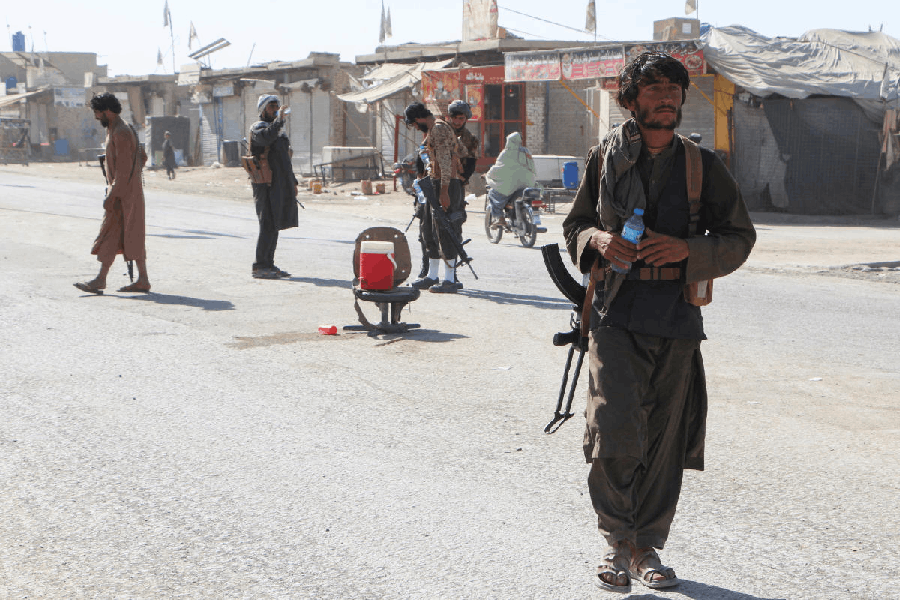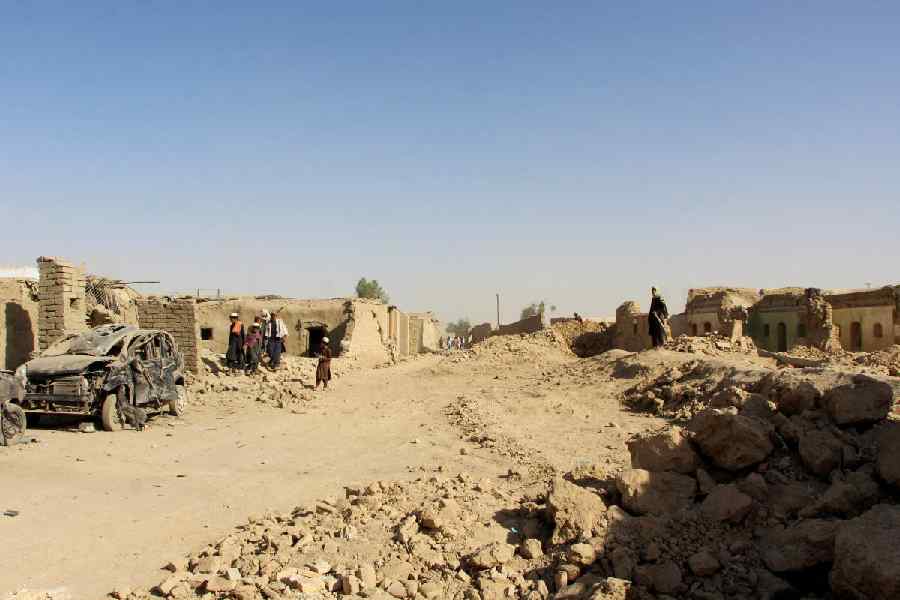Pakistan authorities on Wednesday confirmed that talks with the Afghan Taliban to tackle cross-border terrorism failed, saying Kabul backtracked on commitments to control militancy. The Four-day talks began on Saturday and were facilitated by the host, Turkiye, where officials from Pakistan and Afghanistan attempted to find a common ground but failed to reach a consensus.
Pakistan’s Minister for Information and Broadcasting, Attaullah Tarar, confirmed the peace talks ended without a breakthrough. “The dialogue thus failed to bring about any workable solution,” Tarar said in a post on social media.
He said Pakistan had long sought cooperation from Kabul against militants targeting the country.
Tarar said, ever since the assumption of control in Kabul, Pakistan has repeatedly engaged with the Afghan Taliban Regime regarding persistent cross-border terrorism.
Tarar added that Islamabad had asked the Taliban regime “time and again to fulfil their written commitments to Pakistan and to the international community in the Doha Agreement.” However, he said, “Pakistan’s fervent efforts proved futile due to the Afghan Taliban Regime’s unabated support to anti-Pakistan terrorists.” “The Taliban regime bears no responsibility towards the people of Afghanistan and thrives on a war economy,” he said, adding that it “desires to drag and mire the Afghan people into a needless war.” “Pakistan has always desired, advocated and immensely sacrificed for peace and prosperity for the people of Afghanistan,” Tarar said.
He said Pakistan has held countless rounds of talks and parleys with the Afghan Taliban Regime, but unfortunately, they have always remained indifferent to Pakistan’s losses.
"Sadly, after sustaining such huge losses of men and material for four long years, Pakistan’s patience has run its course,” he added.
He said Pakistan joined the talks in Doha and later Istanbul “to give peace a chance,” acting on the request of “brotherly countries of Qatar and Turkiye.” Tarar said Pakistan presented “sufficient and irrefutable evidence” of terrorist activity, which “was acknowledged by Afghan Taliban and the hosts,” but “regrettably, the Afghan side gave no assurances.” “The Afghan side kept deviating from the core issue, evading the key point upon which the dialogue process was initiated. Instead of accepting any responsibility, the Afghan Taliban resorted to a blame game, deflection, and ruses,” Tarar said.
He thanked Qatar, Turkiye, and other friendly nations “for their support and sincere efforts to bring about a peaceful solution to the problem of terrorism.” Tarar reaffirmed that Pakistan’s security comes first. “The security of its people is of paramount importance to Pakistan,” he said.
Separately, Defence Minister Khawaja Asif told Geo News on Tuesday night that an agreement was about to be reached with Afghanistan, but Afghan negotiators backpedalled due to intervention from Kabul during the negotiations, elaborating that Taliban negotiators went back on an agreement “four or five times” after receiving instructions from Kabul.
“Whenever we got close to an agreement — either in the last four days or last week — when negotiators reported to Kabul, then there was intervention and the agreement was withdrawn,” he outlined.
Asif also blamed India for the failure of the talks, calling Kabul “a tool for Delhi.” After the failure of talks, the security sources in Pakistan said that the security of its people is of paramount importance to Pakistan.
“We will continue to take all possible measures necessary to protect our people from the menace of terrorism and assure them that the Government of Pakistan will continue to employ all the resources which are required in this regard to decimate the terrorists, their sanctuaries, their abetters and supporters,” they said.
Except for the headline, this story has not been edited by The Telegraph Online staff and has been published from a syndicated feed.












